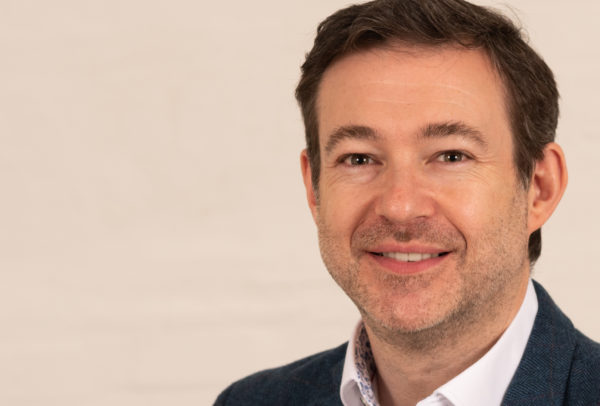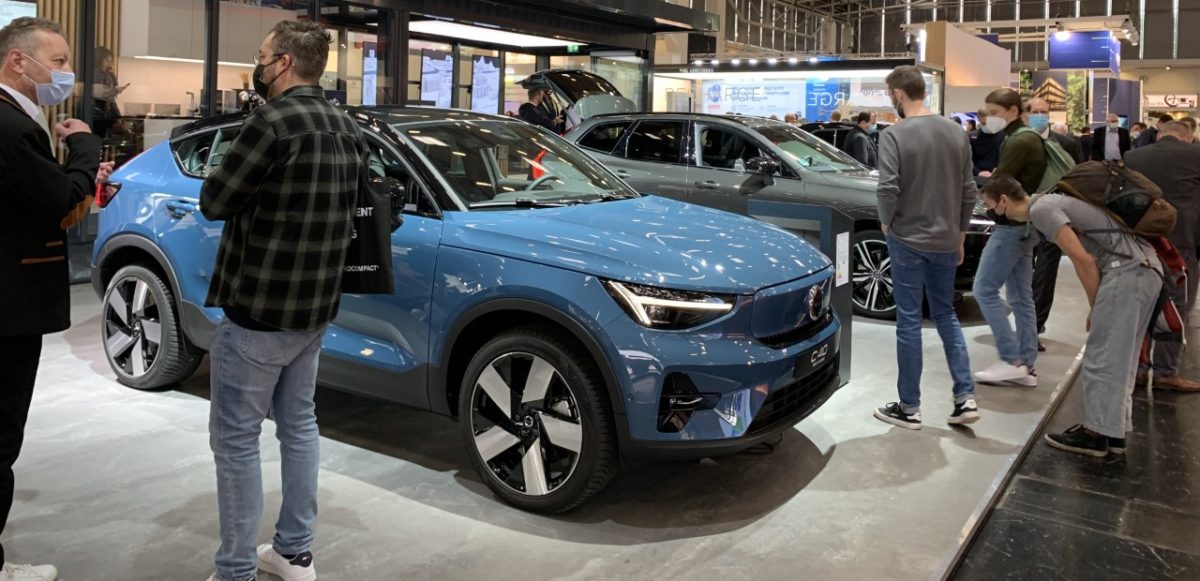The fact energy certification is emerging as a hot topic in the race to net zero indicates how far the practice has come since Sheffield-based Evident helped found the European market for renewable energy certificates (RECs) more than a quarter of a century ago. In those days, the terms net zero, carbon neutral, and renewable were far from commonplace.

Image: Evident
As efforts intensify to meet climate change and emission reduction targets, consumers and businesses alike have recognized the importance of being able to independently verify sources of electricity using RECs.
In addition to helping individuals and companies make the right choices to keep their carbon footprint down, and meet corporate sustainability goals, tradable RECs also help unlock climate finance for clean power generators who can expand their sustainable energy production portfolios as a result.
Amid predictions the uptake of RECs will feature an annual growth rate of 26% from 2021 to 2030, there is growing demand for energy reporting to match consumption with renewable electricity supplies on an hourly, or smaller, timescale.
Such “granular” RECs are growing in popularity among corporate buyers addressing arguments that some organizations have been greenwashing by allocating renewable energy consumption from sources such as solar when energy generation is not occurring, for example at night. Whilst many argue that it is perfectly reasonable to allocate energy from a different time-period, some consumers are taking a cautious approach to avoid any potentially negative headlines. Evident is innovating in this arena, supporting certification with sub-hourly data and allowing for granular allocation to specific time periods and consumption units, down to the watt-hour. Having such certificates available will help consumers, generators, markets, and regulators make better-informed decisions.
Last year, Evident worked with Google to develop a granular REC project in Chile. Through the certificates provided, Google was able to match its Chilean data center‘s hourly energy consumption with hourly generation from three renewable energy projects. This project has continued and Evident is now developing certification of energy storage options. Businesses around the world are increasingly looking for granular RECs.
The emerging hydrogen economy is also pushing innovation in certification as consumers and governments demand a closer relationship between the renewable electricity generation consumed for hydrogen production than an annual REC certificate provides. For example, some believe that hydrogen that uses solar power certificates cannot be truly powered by solar energy at night without storage.
Certification of clean assets is expected to see significant growth during the next decade. There is growing demand for the certification of hydrogen as an energy carrier and for the certification of metals and other raw materials serving global manufacturing. Ultimately, consumer goods will have full impact information associated with them, which will require significant development and innovation throughout certification markets. For this to occur, there has to be certification of primary inputs, such as gas and electricity. We are already witnessing a wider use of certification throughout supply chains as major corporations place environmental obligations on their suppliers.
Large multinational organizations can have departments dedicated to managing their portfolio of sustainability action while smaller organizations require accessible and robust solutions that can deliver proportionately similar impact. All of these supply chain actions and impacts need to provide the full picture of Scope 3 reporting, which concerns emissions from supply chain companies not owned by the reporting organization. Evident believes that the only robust method that can achieve this impact is market-based action evidenced by independent certification.
At Evident, we are building a global ecosystem of solutions with partners around the world who are implementing a range of connected services. These services will enable consumers of all types to demonstrate their commitment to sustainable business operations and consumption, as well providing a valuable revenue stream to projects.
Certification is enabling the development of the clean economy and is a key component in the energy transition – so questions are often asked as to whether it should become mandatory.
At Evident, we believe this could be taken a step further through Full Disclosure Certification – reporting all energy sources, from fossil fuels to renewables. Full Disclosure Certification acts like a nutritional label, providing consumers with a detailed make-up of their energy. European countries, including the Netherlands, Austria, and Switzerland are already implementing Full Disclosure Certification, and it is Evident’s goal to make this globally commonplace.
Energy certification should be the norm, not the exception.
The views and opinions expressed in this article are the author’s own, and do not necessarily reflect those held by pv magazine.
This content is protected by copyright and may not be reused. If you want to cooperate with us and would like to reuse some of our content, please contact: editors@pv-magazine.com.



By submitting this form you agree to pv magazine using your data for the purposes of publishing your comment.
Your personal data will only be disclosed or otherwise transmitted to third parties for the purposes of spam filtering or if this is necessary for technical maintenance of the website. Any other transfer to third parties will not take place unless this is justified on the basis of applicable data protection regulations or if pv magazine is legally obliged to do so.
You may revoke this consent at any time with effect for the future, in which case your personal data will be deleted immediately. Otherwise, your data will be deleted if pv magazine has processed your request or the purpose of data storage is fulfilled.
Further information on data privacy can be found in our Data Protection Policy.